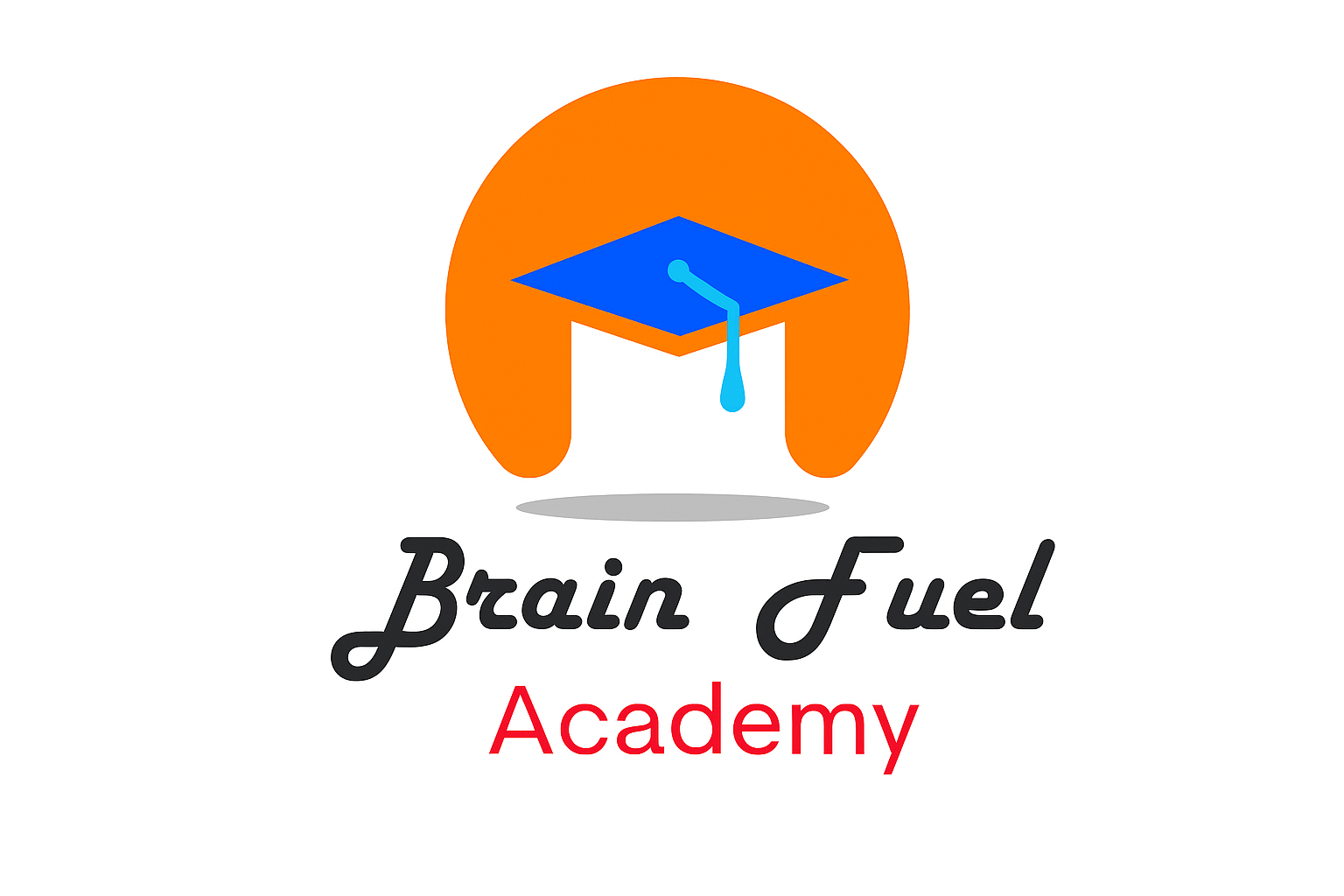Currently Empty: $0.00
Course content
Course Overview
Objective: To equip learners with the skills and resources necessary to learn English effectively online.
Target Audience: Beginners to intermediate learners who want to improve their English language skills.
Course Structure
Introduction to English Language Learning
Importance of English in today’s world
Overview of the course
Setting Goals and Assessing Your Level
How to set realistic language learning goals
Self-assessment tools and resources
Choosing the Right Online Resources
Websites and apps for learning English
Online courses and MOOCs
YouTube channels and podcasts
Developing Listening Skills
Importance of listening in language acquisition
Recommended resources for listening practice
Activities to improve listening comprehension
Enhancing Speaking Skills
Techniques for practicing speaking online
Language exchange platforms
Tips for overcoming speaking anxiety
Improving Reading Skills
Strategies for effective reading in English
Recommended reading materials (books, articles, blogs)
Tools for vocabulary building
Mastering Writing Skills
Writing practice resources (journals, blogs, forums)
Common writing tasks and how to approach them
Feedback and correction tools
Grammar and Vocabulary Development
Essential grammar rules for beginners
Vocabulary acquisition techniques
Online quizzes and games for practice
Creating a Study Plan
How to create a personalized study schedule
Balancing different language skills
Tracking progress and adjusting goals
Staying Motivated and Overcoming Challenges
Tips for maintaining motivation
Dealing with frustration and plateaus
Finding a supportive community
Cultural Understanding and Language Use
Importance of cultural context in language learning
Engaging with English-speaking cultures
Resources for cultural immersion
Conclusion and Next Steps
Recap of key points
Encouragement to continue learning
Additional resources for advanced learners
Detailed Sections
1. Introduction to English Language Learning
Importance of English: Discuss the global significance of English in business, travel, and communication.
Overview of the Course: Briefly describe what learners can expect to gain from the course.
2. Setting Goals and Assessing Your Level
SMART Goals: Introduce the SMART criteria (Specific, Measurable, Achievable, Relevant, Time-bound) for setting learning goals.
Self-Assessment Tools: Recommend online tests (like the Cambridge English test) to determine proficiency level.
3. Choosing the Right Online Resources
Websites: List platforms like Duolingo, Babbel, and BBC Learning English.
Online Courses: Mention MOOCs such as Coursera and edX that offer English courses.
YouTube Channels: Suggest channels like English with Lucy and BBC Learning English.
4. Developing Listening Skills
Resources: Recommend TED Talks, audiobooks, and English news podcasts.
Activities: Suggest listening to songs and summarizing lyrics as a fun activity.
5. Enhancing Speaking Skills
Techniques: Encourage practicing with voice recognition software.
Language Exchange: Mention platforms like Tandem and HelloTalk for finding language partners.
6. Improving Reading Skills
Strategies: Teach skimming and scanning techniques for reading comprehension.
Materials: Suggest graded readers and online articles based on interests.
7. Mastering Writing Skills
Practice Resources: Encourage keeping a daily journal in English.
Common Tasks: Discuss writing emails, essays, and reports.
8. Grammar and Vocabulary Development
Essential Grammar: Provide a brief overview of tenses, articles, and prepositions.
Vocabulary Techniques: Suggest flashcards and spaced repetition systems (SRS).
9. Creating a Study Plan
Personalized Schedule: Provide a template for a weekly study plan.
Balancing Skills: Emphasize the importance of integrating all four language skills.
10. Staying Motivated and Overcoming Challenges
Maintaining Motivation: Share tips like setting small rewards for achieving goals.
Community Support: Recommend joining online forums or social media groups.
11. Cultural Understanding and Language Use
Cultural Context: Discuss how language reflects culture and vice versa.
Engaging with Cultures: Suggest watching movies and reading about English-speaking countries.
12. Conclusion and Next Steps
Recap: Summarize the course content and key takeaways.
Encouragement: Motivate learners to keep practicing and exploring new resources.
0/12
-
How to Create a Personalized Study Schedule:
- Encourage learners to assess their current commitments and available time for study.
- Suggest dedicating specific days for different skills (e.g., Monday for listening, Tuesday for speaking).
-
Balancing Different Language Skills:
- Emphasize the importance of integrating all four skills (listening, speaking, reading, writing) into the study plan.
- Suggest weekly reflection on progress and adjustments to the plan as needed.
-
Tracking Progress and Adjusting Goals:
- Use a journal or digital app to track completed activities and areas of improvement.
- Encourage revisiting goals every month to ensure they remain relevant and achievable.


